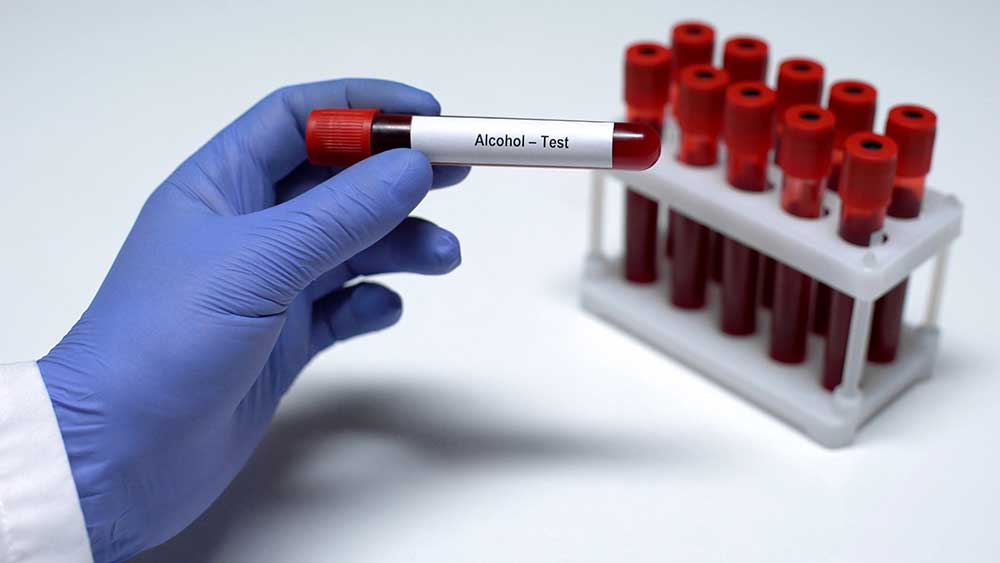Understanding Forced Blood Draws (DUI Testing)
If a police officer pulls you over on suspicion of drunk driving (DUI) in Tennessee, you may wonder if you must consent to a blood draw. The answer is “no.” There are no legal penalties for refusing to consent to a blood test, which differs from breath tests where motorists are presumed to have given their consent under Tennessee law.
Refusal and Warrants for Blood Draws
Refusing to consent to a blood draw does not always prevent an officer from obtaining a blood sample. An officer can legally administer a blood test without consent if they first obtain a warrant. In rare cases, blood can be drawn without a warrant under “exigent circumstances.” In these scenarios, the blood can be collected by force.
The Officer’s Choice of Testing Methods
State law grants arresting officers discretion in choosing the method of testing for alcohol consumption. Officers can order more than one type of test. Despite this discretion, the officer must have a valid reason for pulling you over, inform you of your legal rights, and perform the test correctly to ensure accurate results. Any procedural errors can provide grounds for a legal challenge.
Penalties for Refusing a Blood Test in Tennessee
While there are no legal penalties for initially refusing a blood test, consequences arise if you refuse, prevent, or obstruct the administration of a test after a warrant is obtained or under exigent circumstances. These consequences include:
- Criminal Charges: Refusing, preventing, or obstructing a blood test can result in a separate criminal charge, even if blood is eventually drawn by force.
- License Suspension: Refusal can lead to a one-year license suspension. For those with prior DUI convictions or involvement in an accident causing serious injury, the suspension increases to two years. In cases involving a fatal accident, the penalty is a five-year suspension.
Your Rights and Legal Options
Understanding your rights and the legal nuances surrounding forced blood draws is crucial. If you face DUI charges or penalties for refusing a blood test, seeking legal representation is essential.
Trust Knox Defense with Your Defense
If you are facing DUI charges or have refused a blood draw in Tennessee, Knox Defense is here to help. Our experienced attorneys will review your case, challenge any procedural errors, and strive to achieve the best possible outcome. Contact us today at (865) 269-9926 or complete our online form for a confidential consultation.
Posted in DUI

FREE CONFIDENTIAL CONSULTATION

